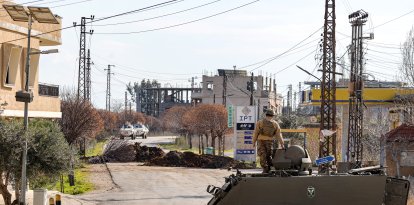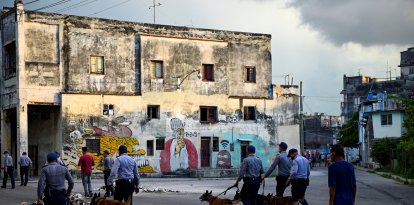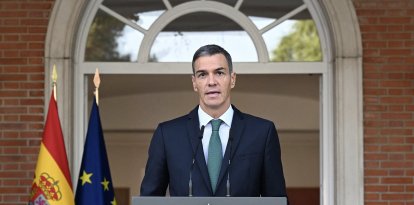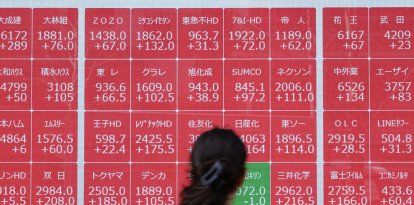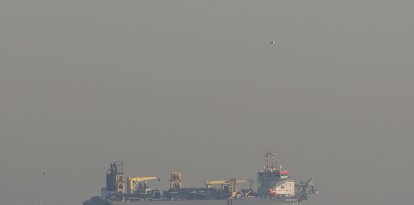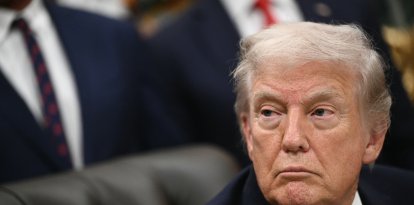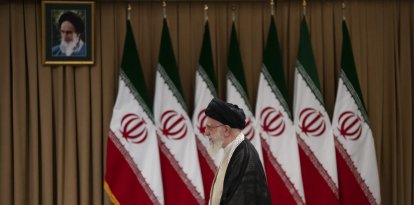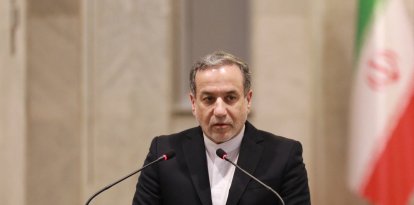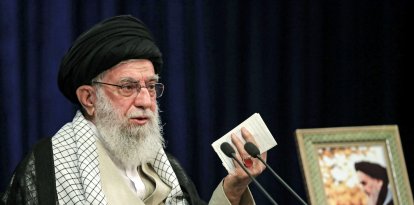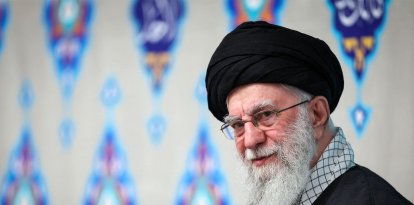Political earthquake in the Netherlands: conservative Geert Wilders finally achieves a great victory driven by his agenda of secure borders against “Islamization”
According to the exit polls, the party of the Dutch right-wing leader obtained 35 seats in the House of Representatives, more than double compared to the last elections.
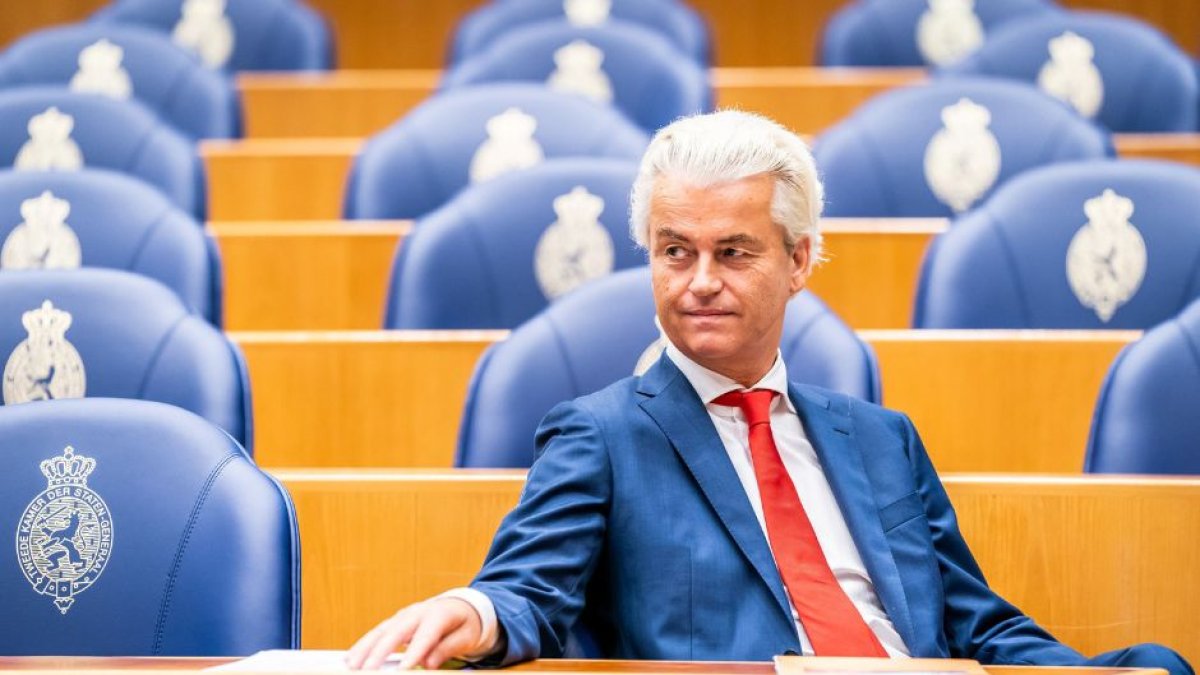
(Cordon Press)
Finally, conservative Geert Wilders, driven by a secure borders agenda against the "Islamization" of the Netherlands, has achieved his first massive electoral victory after his political group, the Party for Freedom, obtained 35 seats in the House of Representatives out of a possible 150, opening the possibility for Wilders to put together a government coalition.
The election results, which are not official, were revealed by the exit poll of the national broadcaster NOS, a reliable source cited by international media and Dutch politicians themselves.
Wilders revealed his excitement on social media after learning of the results. The right-wing leader published a video in which he holds his face, raises his arms and shouts, "Fantastic!"
The conservative, nicknamed by many as the "Dutch Donald Trump," is a controversial figure in his country. He is the only politician who has raised an electoral program that includes a call for a referendum on the Netherlands' departure from the European Union, the complete cessation of the acceptance of asylum seekers, and the expulsion of immigrants at the Dutch borders.
Likewise, he is one of the European leaders who most strongly questions illegal Arab-Muslim migration. In fact, one of his proposals is precisely to achieve the "de-Islamization" of the Netherlands.
The victory of the conservatives has generated a true political earthquake in the Netherlands since the Party for Freedom achieved only 17 seats in the last parliamentary elections, and almost no analyst or survey had predicted the increase in seats to 35.
Now, Wilders has the chance to seek key alliances that could elevate him to the premiership. However, the situation is far from favorable for forming a coalition.
According to the AP agency, the name of Pieter Omtzigt, a former Christian Democrat who built his own New Social Contract party in three months, emerges as an interesting option for Wilders to seek an alliance.
Omtzigt's party managed to win about 20 seats, and its leader, one of the most charismatic and fastest-growing conservative politicians in the entire country, has already said that he would always be open to talks to form a coalition.
Other parties that could support Wilders to form a government coalition, including the right-wing party Forum for Democracy, led by Thierry Baudet, which could win about three seats according to exit polls.
Another interesting political group that could help Wilders form a government is the Agricultural Citizen Movement (BBB), created after the protests in the Netherlands by farmers. This group could garner approximately seven seats.
Despite the complexity of the Dutch electoral system, Wilders' victory is undoubted and categorical. No poll put any of the parties above 30 seats. The 35 seats obtained by the Party for Freedom position them ideally for negotiating a coalition with right-wing, center-right, and centrist parties to form a coalition of four to five parties.
These last parliamentary elections in the Netherlands were called after the fourth and last coalition of the outgoing prime minister, Mark Rutte, who resigned last July after disagreeing on measures to stop immigration and amid strong scandals against him.














